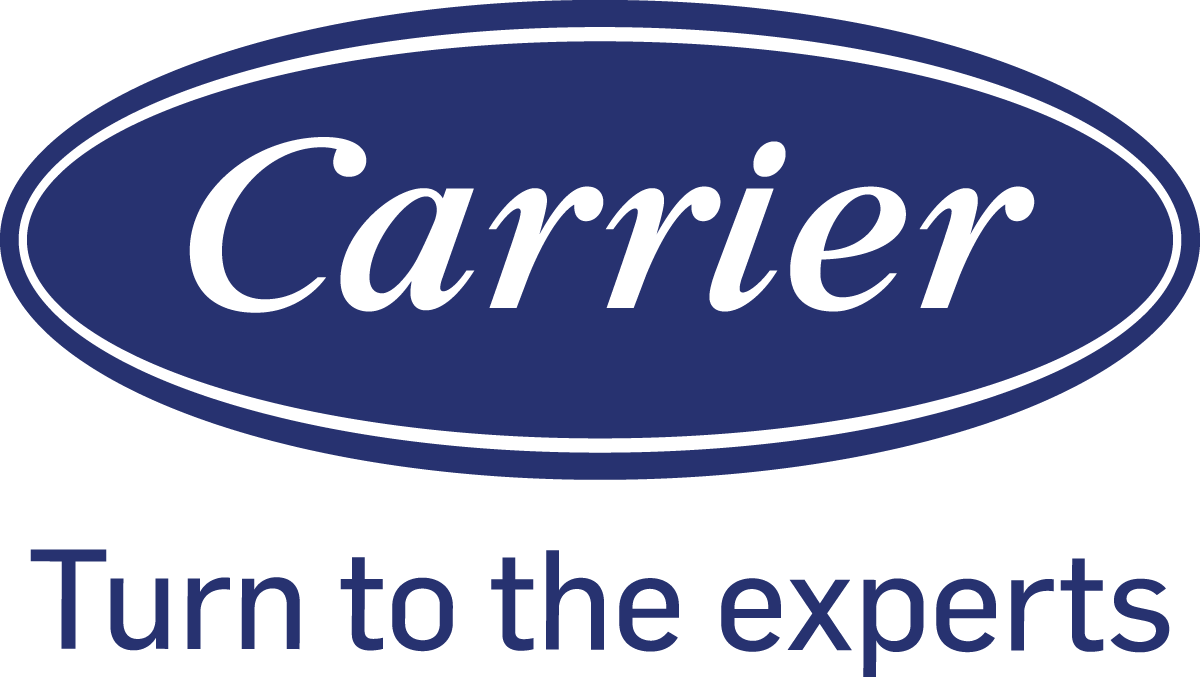Read our communication regarding new measures our team is enacting in this critical time.
 We’re Always Open!
We’re Always Open!703-291-1926
How Are Furnace Filters Rated?
If you have ever visited the hardware store to pick up a furnace filter, you may have noticed that the specific size and style for your system may be available in several different ratings—and costs. Choosing the wrong furnace filter can not only affect your indoor air quality, but it can also cause harm to the furnace itself.
Standard Furnace Filter Rating Systems
The MERV rating, which stands for minimum efficiency reporting value, is the industry standard rating system for HVAC air filters. A higher MERV rating number indicates that the filter can remove more airborne particles that a similar filter with a lower rating. Two other rating systems exist, the micro-particle performance rating (MPR) and the filter performance rating (FPR), but these are non-standard or propriety systems that were introduced by 3M and Home Depot, respectively. By choosing the MERV rating, you can directly compare furnace filters without worrying about brand or manufacturer.
Furnace Filter Ratings and Types
Furnace filters are available in several ratings depending on material and construction. The most common include:
- Fiberglass filters – Made from a thin layer of spun fiberglass, these typically have a MERV rating of 1 to 4 and offer very little resistance to airflow, as well as minimal air filtering performance. They are best for larger particles, like dust, pollen, or carpet fibers. They can capture up to 80% of particles over 50 microns in size, but only 25% of particles 10 microns or smaller.
- Pleated filters – Made from folded layers of paper or polyester, pleated filters have a MERV rating of 7 or 8 and can capture over 80% of particles 5 microns or larger. This includes particles like mold spores, cement dust, and other fine particles.
- High-efficiency filters – With MERV ratings over 11, high-efficiency filters can capture over 99% of particles 0.3 microns or larger. This includes things like bacteria and viruses, as well as fumes.
Choosing a Furnace Filter
Though it may be tempting to choose a filter with the highest MERV rating to achieve the best indoor air quality, it is sometimes a bad idea. The primary job of a furnace filter is to protect the furnace itself from dust and debris that could harm it. Filtering the air happens to be a great side effect.
If you put in a filter that has too high of a rating, it will also have a high resistance to airflow. This can affect the efficiency of the furnace, preventing it from moving heat as fast as it should, or it could even cause damage if the airflow is too slow to cool the heat exchanger or blower motor, both of which are very costly to replace.
Most furnaces can safely handle a pleated filter with a MERV of 7 or 8, but you should consult with your HVAC contractor before changing from the standard filter to remain on the safe side. Never put in a high-efficiency filter without checking with a professional first.
Furnace Services in Northern Virginia
Are you unsure of which furnace filter to choose? Want better indoor air quality? Ask our team at John Nugent & Sons. Our friendly technicians can help you choose the best furnace filter for your system, and we can also recommend other ways to improve your indoor air quality. Since 1975, we have been providing quality heating and air conditioning services to homeowners throughout Northern Virginia, including McLean, Arlington, Reston, and the surrounding areas.
Give us a call today at (703) 291-1926 or contact us online for furnace services in Northern Virginia!









